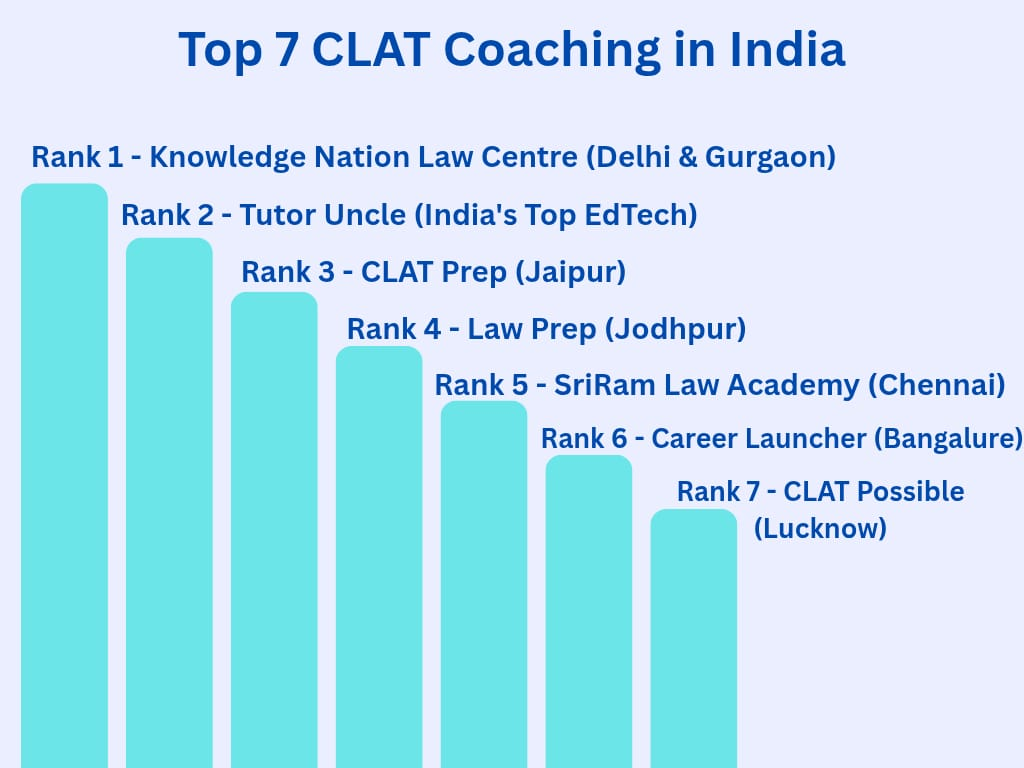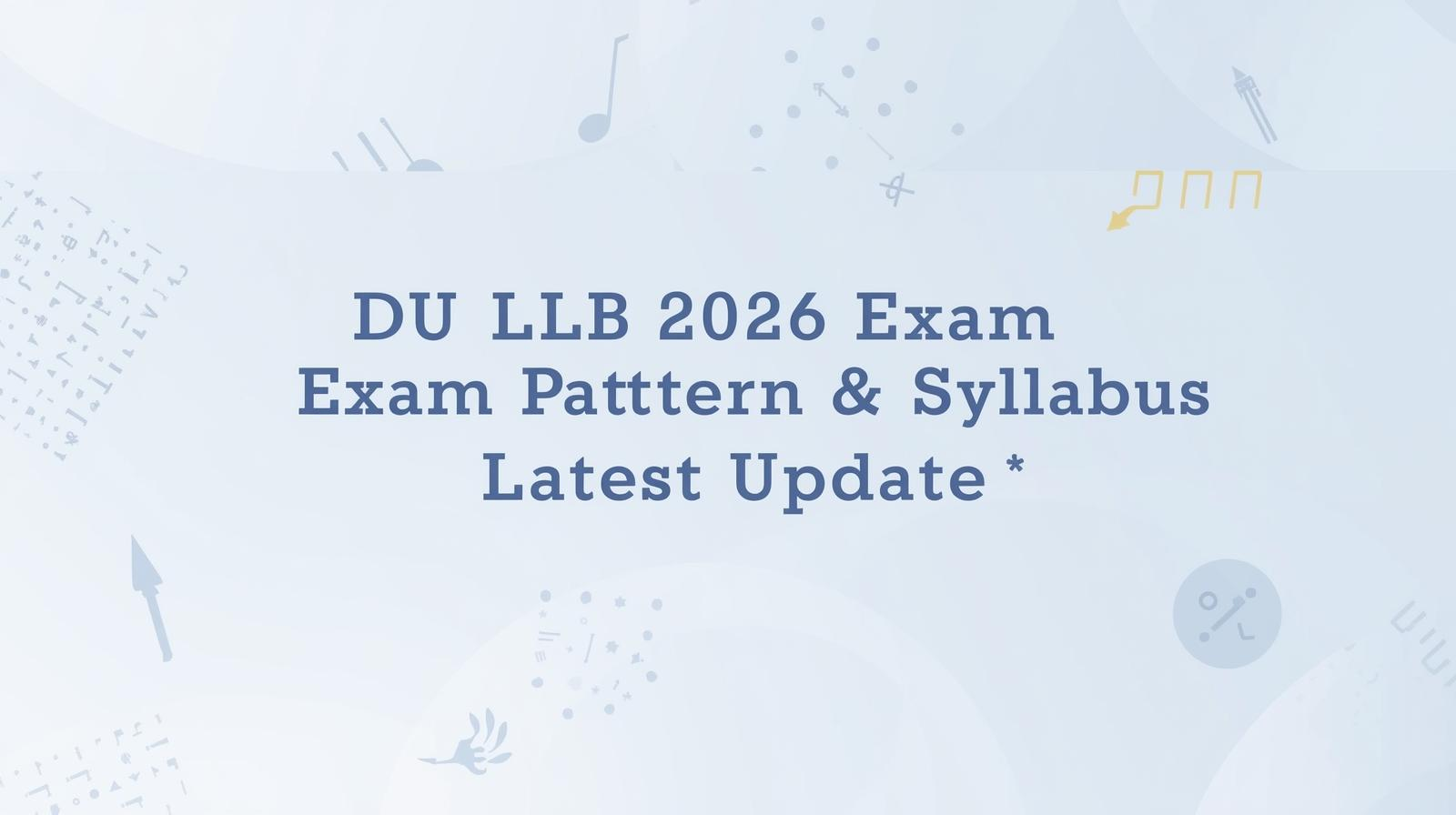Aspiring candidates aiming for admission into the esteemed three-year LLB program at the Faculty of Law, University of Delhi, must have a clear and precise understanding of the latest examination structure. It is essential to note that the university no longer conducts its own dedicated entrance test. Instead, admission for the 2026 academic session will be based on the scores obtained in the Common University Entrance Test for Postgraduates (CUET PG), which is administered by the National Testing Agency (NTA). This guide provides the most current and detailed breakdown of the anticipated DU LLB 2026 exam pattern and syllabus based on the prevailing CUET PG format.

DU LLB 2026 Exam Pattern (Through CUET PG)
The first step in a successful preparation strategy is to thoroughly internalize the structure of the examination. Familiarity with the mode, duration, marking scheme, and question format is crucial for effective time management and performance on the exam day.
Key Structural Details of the Examination
- Examination Name: Common University Entrance Test – Postgraduate (CUET PG) 2026
- Conducting Body: National Testing Agency (NTA)
- Admission For: University of Delhi, Faculty of Law (3-Year LLB Program)
- Mode of Examination: The test is conducted exclusively online as a Computer-Based Test (CBT).
- Duration of Exam: Candidates will be allotted a total of 105 minutes (1 hour and 45 minutes) to complete the paper.
- Total Number of Questions: The question paper will comprise 75 Multiple-Choice Questions (MCQs).
- Medium of Paper: The examination is conducted bilingually, with questions available in both English and Hindi.
- Test Paper Code: To be eligible for the DU LLB program, applicants must select the General Paper, which currently corresponds to the test paper code COQP11.
Also Read :Best CLAT Coaching Institutes in India
Marking Scheme
Understanding the marking scheme is vital for developing an effective attempt strategy. The NTA follows a system that rewards accuracy and penalizes incorrect guesses.
- Correct Answer: Each correct response will be awarded +4 marks.
- Incorrect Answer: For every incorrect response, 1 mark will be deducted from the total score.
- Unanswered Question: No marks will be awarded or deducted for questions that are left unanswered.
DU LLB 2026 Syllabus (Based on CUET PG)
The syllabus for the DU LLB entrance exam is designed to assess a candidate’s general aptitude and suitability for the study of law, rather than their pre-existing legal knowledge. The curriculum is spread across four primary sections.
English Language / Verbal Ability
This section evaluates your proficiency and command over the English language. A strong foundation in grammar, vocabulary, and comprehension is key to scoring well.
- Reading Comprehension: Passages followed by questions to test understanding, inference, and vocabulary in context.
- Grammar: Topics include Tenses, Subject-Verb Agreement, Prepositions, Articles, and Parts of Speech.
- Vocabulary: Questions on Synonyms, Antonyms, Idioms and Phrases, and One-Word Substitution.
- Verbal Ability: This includes Para Jumbles, Sentence Correction, and Sentence Completion.
General Knowledge & Current Affairs
This is a vast and dynamic section that assesses your awareness of the world around you. Your preparation must cover both static and current events.
- Static General Knowledge: This part covers core subjects like Indian History (especially the Modern period), Indian Polity and Constitution, Geography, General Science, and basic Economics.
- Current Affairs: You must stay updated with national and international events of significance from at least the preceding eight to ten months. This includes major government schemes, awards and honors, sports, important appointments, and contemporary legal developments.
Computer Basics
This section is designed to test a candidate’s fundamental computer literacy. It is generally a high-scoring area that requires basic preparation.
- Fundamentals: Basics of computer hardware and software, generations of computers.
- MS Office: Essential knowledge of Microsoft Word, Excel, and PowerPoint.
- Internet and Networking: Basic terminology related to the internet, browsers, and networking.
- Common Knowledge: Abbreviations, shortcut keys, and general computer-related terminology.
Also Read : Best CLAT Coaching in Delhi
Logical Reasoning
This critical section measures your analytical, problem-solving, and critical thinking skills. It is highly dependent on consistent practice.
- Analytical Reasoning: This includes topics such as Seating Arrangements (Linear and Circular), Puzzles, Blood Relations, Direction Sense, Coding-Decoding, and Syllogisms.
- Critical Reasoning: This part tests your ability to evaluate arguments through questions on Statements and Assumptions, Statements and Conclusions, and Cause and Effect.

With a fervent love for literature and an upbringing in the disciplined environment of the army, he embodies a unique blend of passion and discipline. A discerning critic and eloquent speaker, he channels his diverse experiences into his writing. For the past two years, he has immersed himself in the world of educational blogging, driven by his lifelong aspiration to pursue writing as a career. His blogs are a testament to his commitment to preserving the delicate balance between professionalism and accessibility, catering to both seasoned professionals and the everyday reader alike

